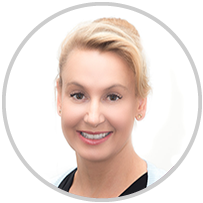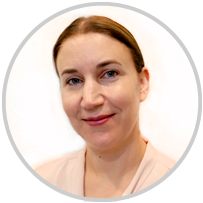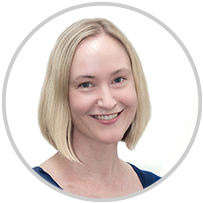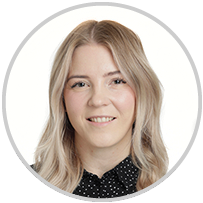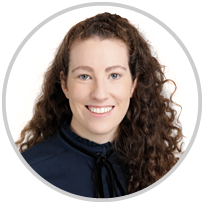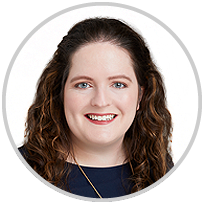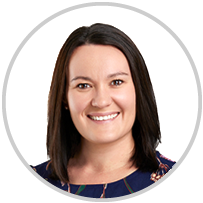Autism assessments
Autism assessments designed to identify a person’s unique strengths and abilities, and provide tailored support to adults, children, and their families.
Why do an autism assessment?
An autism assessment can provide a greater understanding about your or your child’s neurodevelopmental profile, can greatly assist in recognising strengths and unique qualities, and identify the most appropriate supports for any individual needs.
Assessments for children (4 years and above)
An austim assessment can help you understand your child’s individual strengths and areas of need to help them learn, flourish and enjoy a positive learning experience, with the ultimate goal of fulfilling their full potential.
Assessments for adults
Not just for children, an autism assessment can also help adults explore their own social and communication styles and understand why some tasks in the workplace, in the home or when studying can be more challenging – these assessments can be specifically tailored to your individual needs.
What to expect as part of an assessment
Our assessments often consist of several stages and activities, some of which will involve you and/or your child attending the clinic, and others will involve completing online questionnaires and providing additional information.
For all of our assessments we follow these steps:
Step 1. An initial assessment consultation:
An initial consultation will provide an opportunity for you to discuss your concerns and provide relevant background information regarding your or your child’s education, learning experiences and any areas of challenge.
Depending on the type of assessment being requested, and information that you provide during this consultation, we may also ask about areas such as speech and language development, social interaction, daily living skills and any other relevant information.
This initial consultation will also provide you with information about the type of assessment that is recommended, what to expect and any additional referral requirements or support actions that may be of benefit.
Step 2. Assessment session/s
Depending on whether the assessment is for a child or an adult, you may be asked to attend one or more assessment appointments.
For children, the assessment would include a parent-only session, involving a structured interview to explore early development in childhood and observable behaviours over time, and an observation session and interview with your child. For adults, the assessment would usually involve one extended appointment. The assessment process is specifically tailored to your assessment needs so may include the completion of additional tasks and the completion of online questionnaires.
We also gather information from a variety of sources including teachers where relevant. For adults, we may ask you to bring your partner or someone who knows you well to the assessment session.
Step 3. Report writing
An assessment report, including information about current strengths and weaknesses, overall learning profile (dependent on assessment type), a summary of significant findings and practical recommendations for support (or extension) will be provided to you on completion of the assessment process. The report is available approximately 4 to 6 weeks after the assessment.
Step 4. Follow-up appointment
Our reports are comprehensive and written in a way that is easy to understand, even so you may have questions or would like to discuss the results in more detail, which is why all of our assessment packages include a 30-minute follow-up appointment that can be booked once you have received your report.
What to bring to an assessment
- A copy of your referral (if you have one)
- Reading glasses and hearing aids if applicable
- Copies of medical and school documentation (if applicable)
- Reports from any previous cognitive assessments or assessments completed by an allied health professional (such as a speech pathologist, occupational therapist, school psychologist).
- A drink and a snack if your assessment is likely to take more than 1 hour (this will be confirmed during the initial assessment consultation).
More information
If you would like to learn more about the assessments we offer or book an appointment with one of our clinical psychologists, contact our friendly client team by calling 6143 4499 or email via our contact page.
Who can assist me?

Kelly Fullarton
BPsych, MPsych (Clinical), Clinical Psychologist
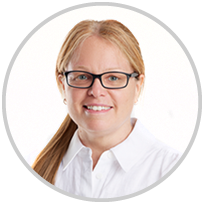
Yppres Drew
BPsych, MEd (Special Needs), Senior Psychologist

Rachele Day
Clinical and Forensic Psychologist

Elena Badcock
Clinical Psychologist

Contact
Ph: (08) 6143 4499
Fax: (08) 9200 5696
Monday to Thurs 8:30am - 7:30pm
Friday 8:30am - 4:30pm
Saturday 8:30am - 2:30pm
Locations
6 Outram Street
West Perth, 6005 WA
36 St Quentin Avenue
Claremont, 6010 WA
In the spirit of reconciliation, Lawson Clinical Psychology acknowledges the Traditional Custodians of country throughout Australia and their connections to land, sea and community. We pay our respect to their Elders past and present and extend that respect to all Aboriginal and Torres Strait Islander peoples today.
Lawson Clinical Psychology celebrates the extraordinary diversity of people’s bodies, ability, genders, sexualities and relationships that they represent.
Copyright © 2024 Lawson Clinical Psychology. All Rights Reserved. Privacy Policy.


